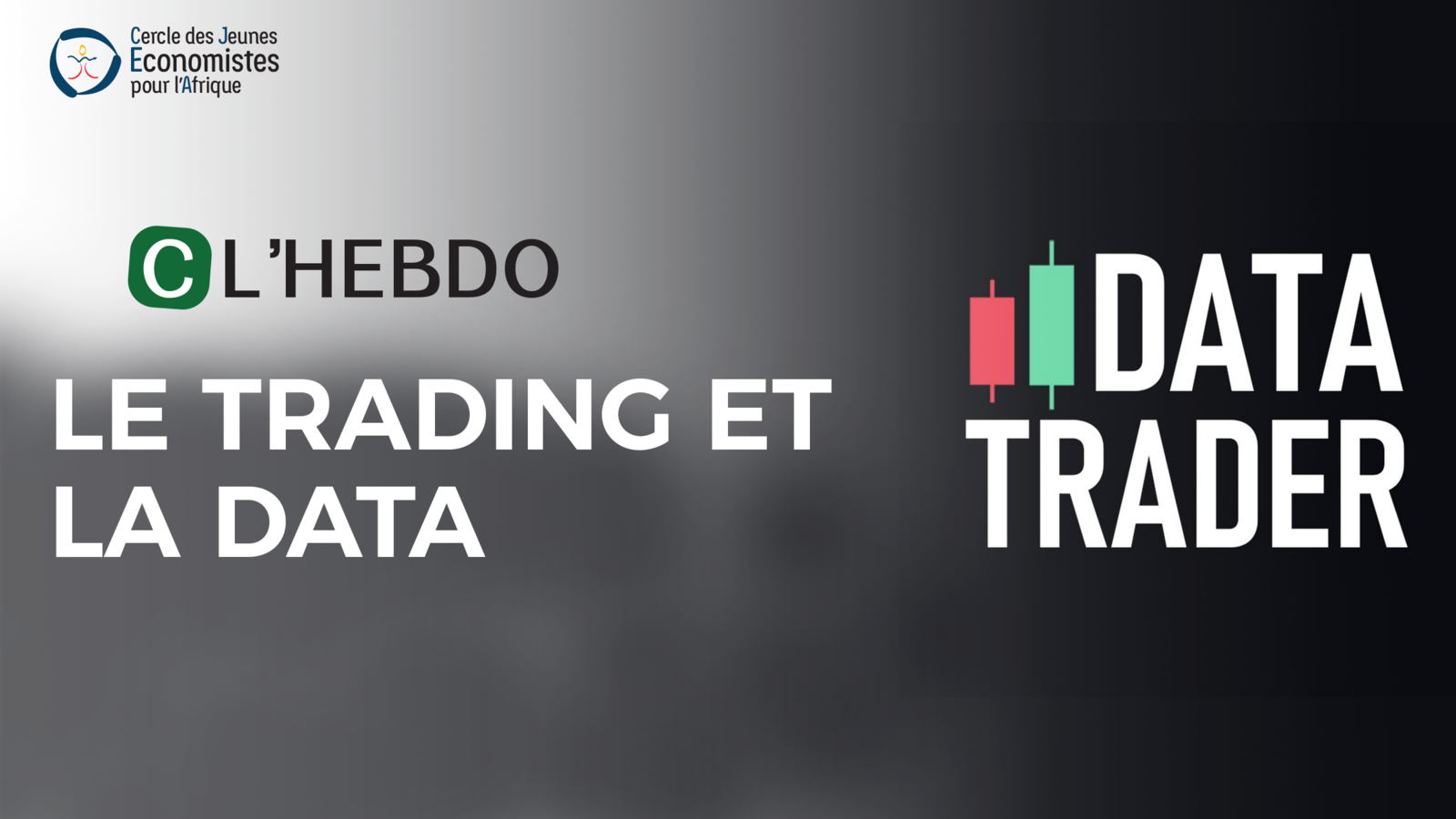
By definition, trading includes all buying and selling operations carried out on the financial markets. It is organized in two ways depending on the position of the operators (traders) who engage in it. On the one hand, we talk about traditional trading when the traders issue operations directly from the financial market room, and on the other hand, we talk about online trading when the latter involves independent traders who issue via the Internet. Who can trade?
If traditionally, this activity was carried out only in the local stock market, the development of the Internet with increasingly reduced accessibility costs, constitutes a real asset for any operator allowed to exercise as an online trader. However, it is necessary to have a very good internet connection and to be permanently connected to follow instantly the evolution of the values of the financial products in order to take advantage of it.
In terms of advantages, trading allows traders to speculate in the short term by taking advantage of the mobility of the financial products traded (stocks, bonds, etc.) on the market. However, this activity is risky, especially because of the volatility of the market and the high level of fraud, which can be explained by the proliferation of online trading platforms with deceptive but very attractive advertising. For example, in Africa, certain structures such as GLOBAL INVESTMENT TRADIND, GLOBAL TRADE CORPORATION, HIGH LIFE and CHY MALL were ordered by the Regional Council of Public Savings and Financial Markets (CREPMF) in Abidjan to suspend their activities in its communiqué of 18 March 2021 1 . These structures specializedcrypto-currency trading, among other things, offer very attractive but highly risky interest rates, sometimes putting the public at risk. What should the public do now about the risks of trading?
The Forex Brokers SA (South Africa) report, published in December 20192 states that the SEC (Securities & Exchange Commissions) urged investors in its statement issued in 2018, to be discerning so as not to fall prey to the scam seen in online trading which is much more on the rise in Africa currently.
Indeed, the data presented in the report indicates that this activity has been growing rapidly in Africa since 2019 especially in South Africa and Nigeria which occupy the top ranks. The number of traders was estimated at 1.3 million in Africa with nearly 190,000 and 200,000 for South Africa and Nigeria respectively.
Finally, trading is certainly on the rise in Africa, but this progression must be accompanied by financial education for beginners on the one hand and regulation of the exchange system by the authorities on the other. Professional training centers are already multiplying in Africa (for example, the Beninese Trading Center, CBT), not to mention the major trading schools that include trading as a course of study. In these training centers, investors as well as traders could thus acquire skills and analysis tools allowing them to have a profitability on the financial market while having the mastery of risks.